Britain & Ireland 1745-1901
The relationship between Britain and Ireland is explored here across a number of articles. Particular themes assessing and exploring social reform on matters such as housing, industrial change and emerging civil rights are included here. Key individuals from the world of politics, science and women’s rights are also examined in detail.
Sort by:
Date (Newest first) | Title A-Z
Show:
All |
Articles |
Podcasts |
Multipage Articles
-

The Oxford Movement and Anglican Ritualism
ArticleClick to view -
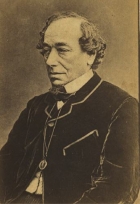
'The end of all existence is debarred me': Disraeli's depression 1826-30
ArticleClick to view -
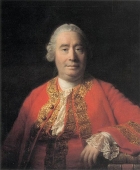
The Scottish Enlightenment
ArticleClick to view -
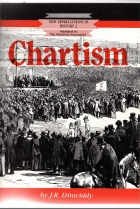
Chartism
ArticleClick to view -
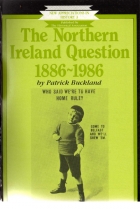
The Northern Ireland Question 1886-1986
ArticleClick to view -

Were industrial towns 'death-traps'? Year 9 learn to question generalisations and to challenge their preconceptions about the 'boring' 19th century
ArticleClick to view -

Polychronicon 129: Reinterpreting Peterloo
ArticleClick to view -

Child labour in eighteenth century London
ArticleClick to view -
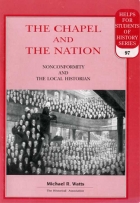
The Chapel and the Nation
ArticleClick to view -
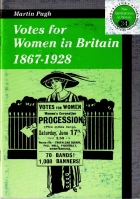
Votes for Women in Britain 1867-1928
ArticleClick to view -
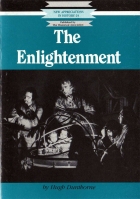
The Enlightenment
ArticleClick to view -

Understanding Slavery
ArticleClick to view -

Northamptonshire in a Global Context
ArticleClick to view -

Role Play 1: The Society Game
ArticleClick to view -

Polychronicon 131: At your leisure
ArticleClick to view -

The Pennsylvanian Origins of British Abolitionism
ArticleClick to view -

Disraeli, Peel and the Corn Laws: the making of a conservative reputation
ArticleClick to view -

Attitudes to Liberty and Enslavement: the career of James Irving, a Liverpool slave ship surgeon and captain
ArticleClick to view -

The Slave trade and British Abolition, 1787-1807
ArticleClick to view -

Polychronicon 123: Gladstone and Disraeli
ArticleClick to view

